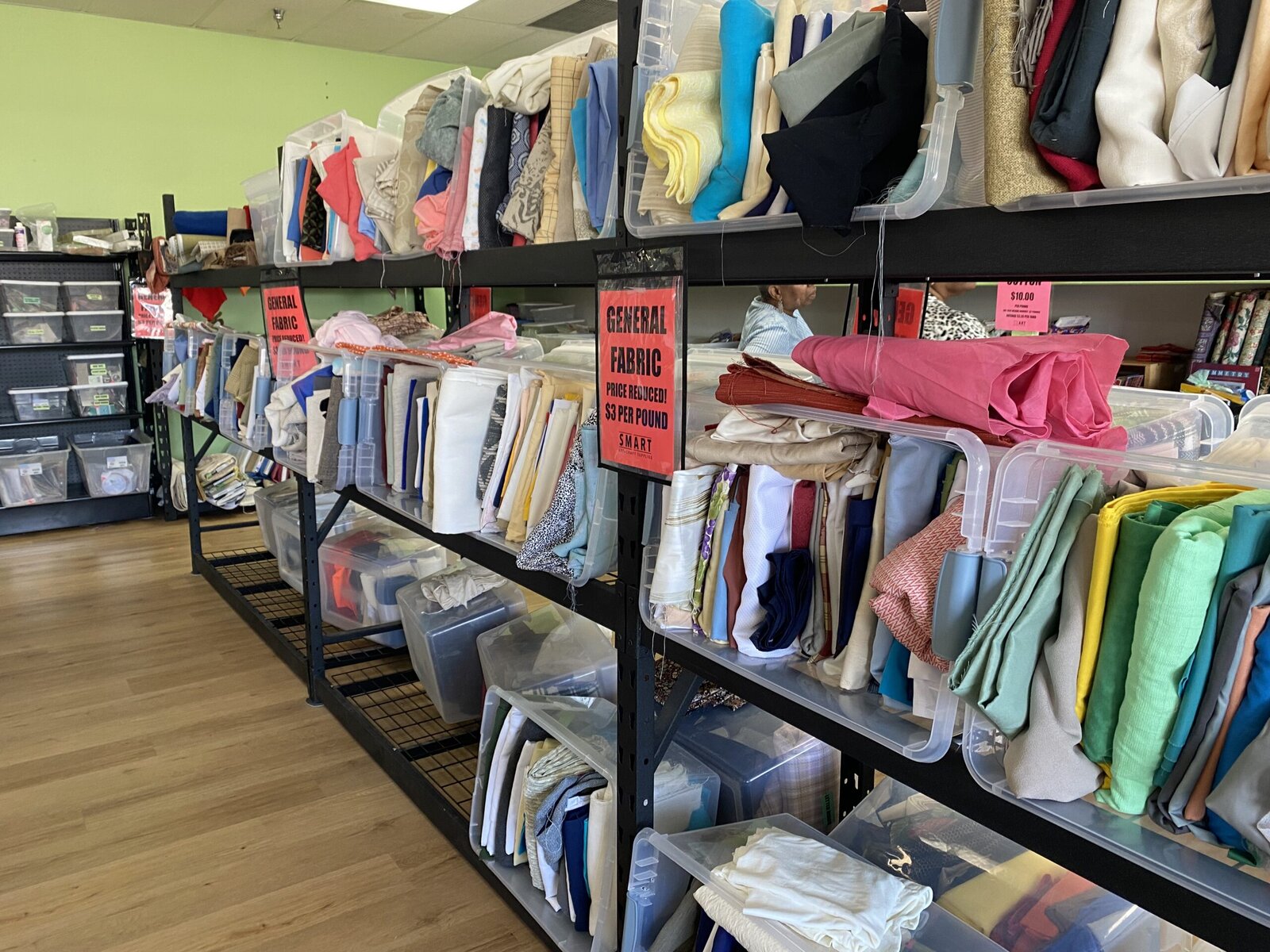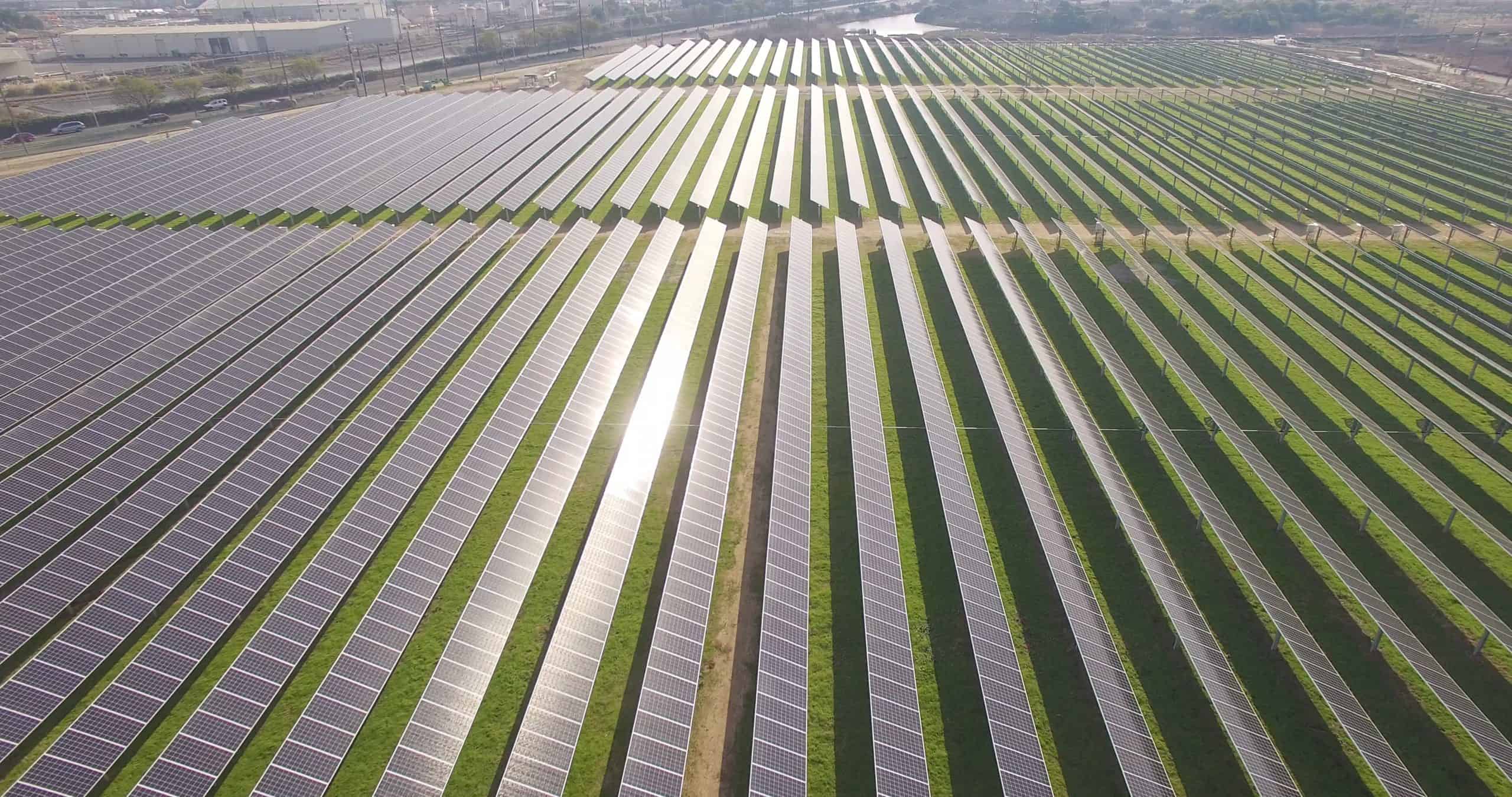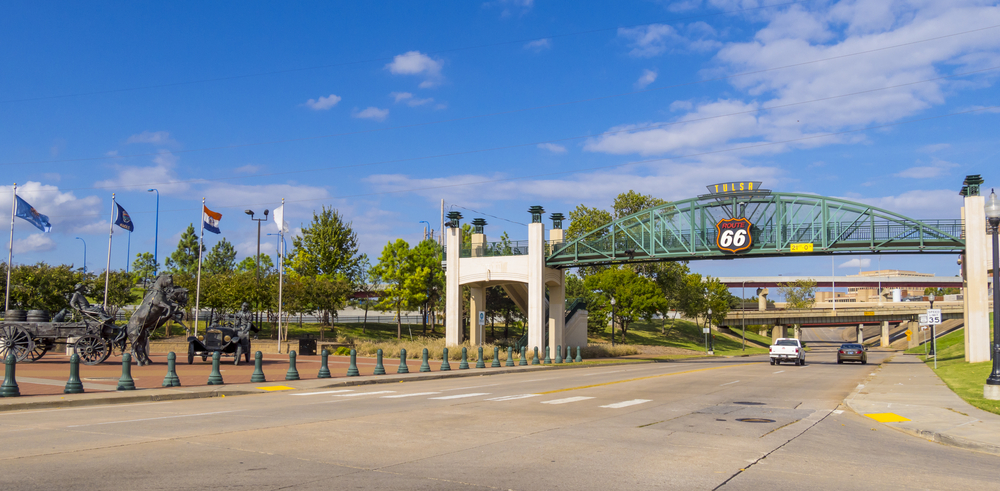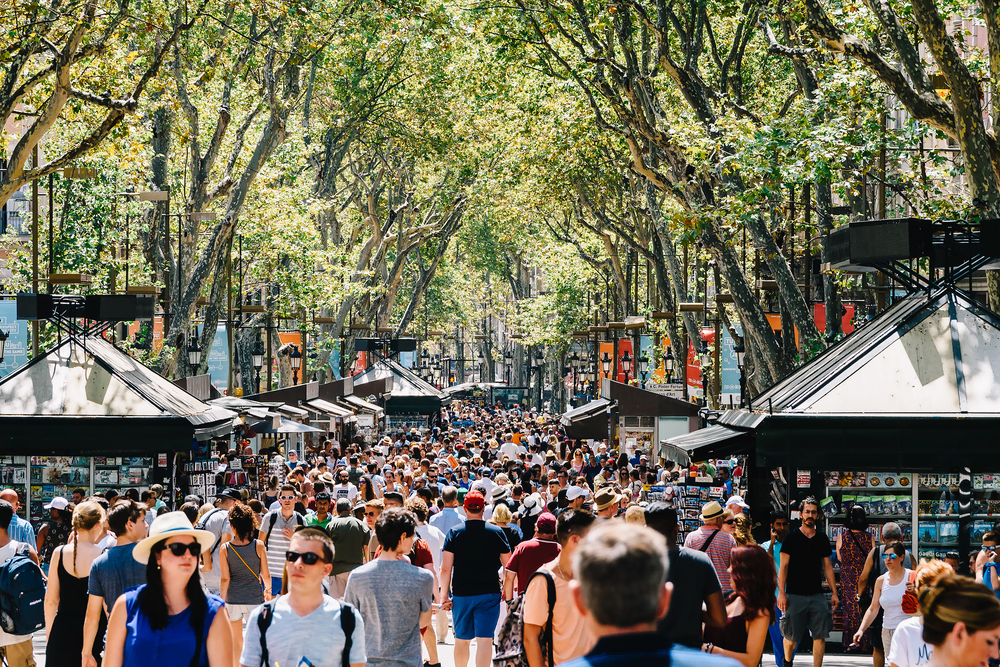Every morning, Akash, a 28-year-old living in Delhi, ventures out to collect plastic in order to feed his family of four.
He usually starts his day by scavenging for plastic bottles in and around the waste collection areas of different neighborhoods. He begins around 7am, when the waste from nearby houses typically arrives. His aim: to gather around three kilograms of plastic, which is enough to secure his meals for the day.
Each item he collects feels like a small victory, he says, adding up to a “bag of treasures” that he can exchange for food at what’s known as a “garbage cafe.” All three meals of the day, not only for him but for his whole family, are taken care of by these cafes across the city.
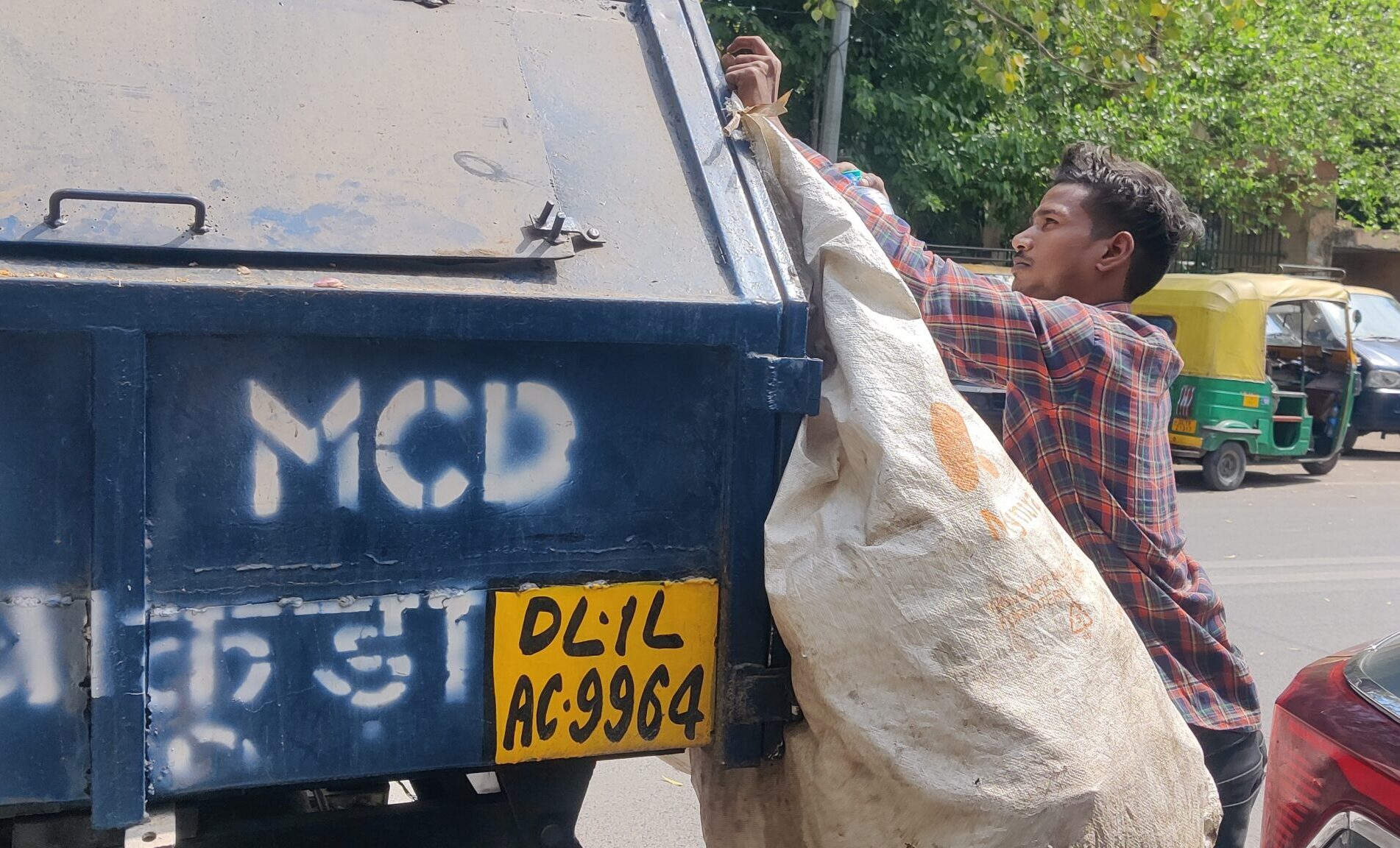
In a bid to preserve the environment and increase awareness about safe disposal of plastic waste, the Municipal Corporation of Delhi (MCD) came up with the concept of garbage cafes in 2020. Under this initiative, individuals who drop off one kilogram of plastic waste at designated garbage cafes receive a voucher for a complimentary meal at participating restaurants. (One kilogram can be exchanged for lunch or dinner, while just 250 grams can be exchanged for breakfast.) Eligible plastic waste includes empty water bottles, soft drink bottles, plastic containers and similar materials.
The aim is to encourage the gathering of waste while also managing the use of disposable plastic products. Eateries hand over the plastic they collect to a municipal organization, which then recycles and repurposes it.
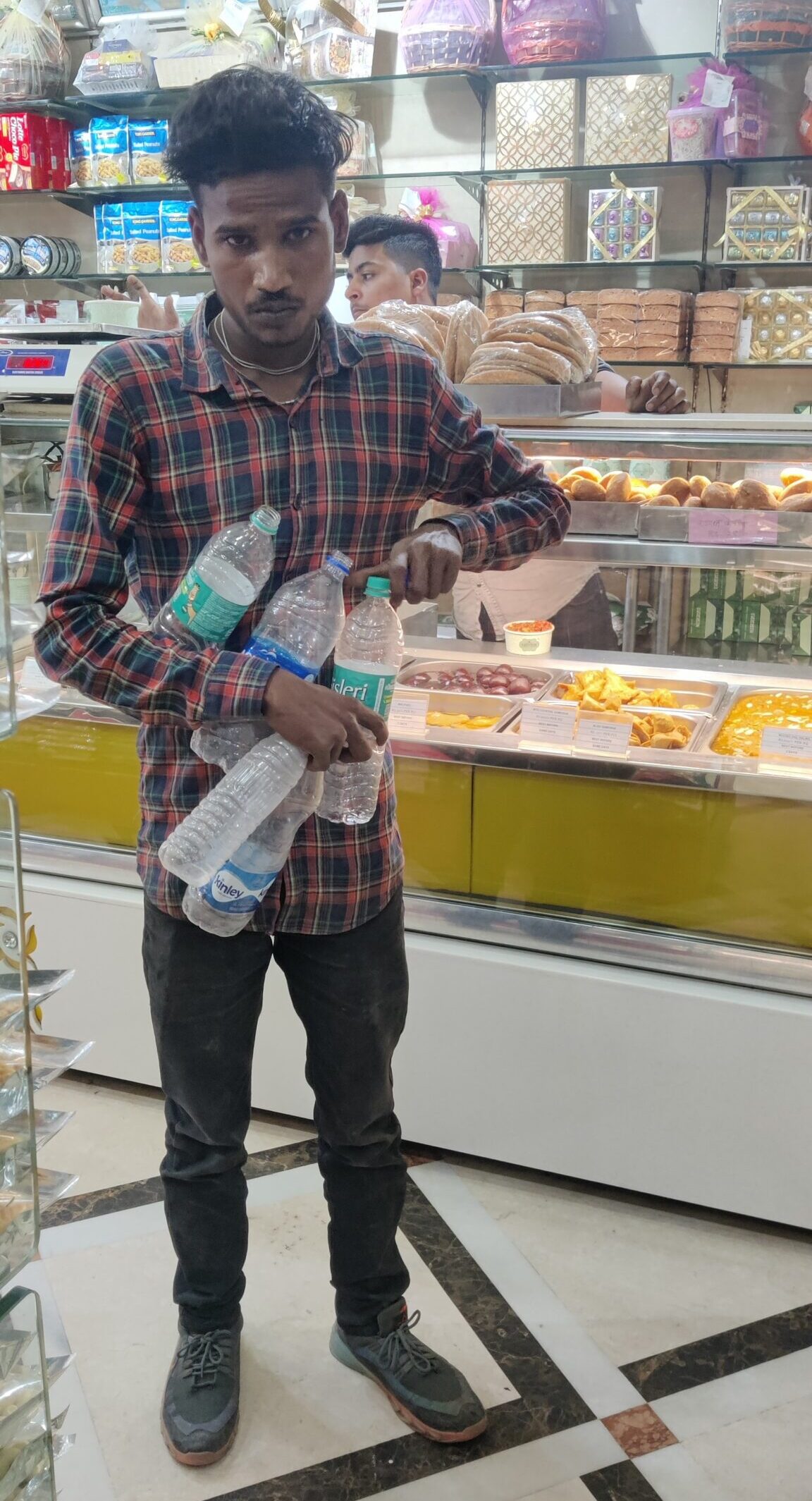
For Akash and many others, the cafes have been life-changing. “I came to Delhi around three years ago and started living with my relatives here,” Akash says. “While looking for a job I came across this scheme of the government where we can exchange plastic for free meals. This has really made my life easier, as I not only earn money out of selling plastic but also get free meals for my entire family.”
Business owners have seen benefits too, both environmentally and economically. Yash Kumar owns Evergreen Cafe in South Delhi. In the short time since his business was designated a garbage cafe, he says he has already seen the way the initiative has made people aware of the importance of safely disposing of plastic waste so that it gets recycled and reused, rather than ending up in landfills.
“I have seen an active participation by the people,” says Kumar, who notes that about 20 people have come to the cafe to ask about the program. “The authorities have also installed a plastic crusher machine right outside where the plastic gets safely [broken down]. We not only provide food and refreshments to people but also educate them about recycling plastic waste.”
Pointing at a pile of garbage just outside the shopping complex, predominantly consisting of plastic waste, Yash expresses that his decision to participate in this program was primarily driven by the desire to contribute positively to the city, though he also appreciates that it provides publicity for his cafe.
Mahesh, who works at Evergreen Cafe, adds that the MCD has also put up a banner outside their shop in order to spread awareness.
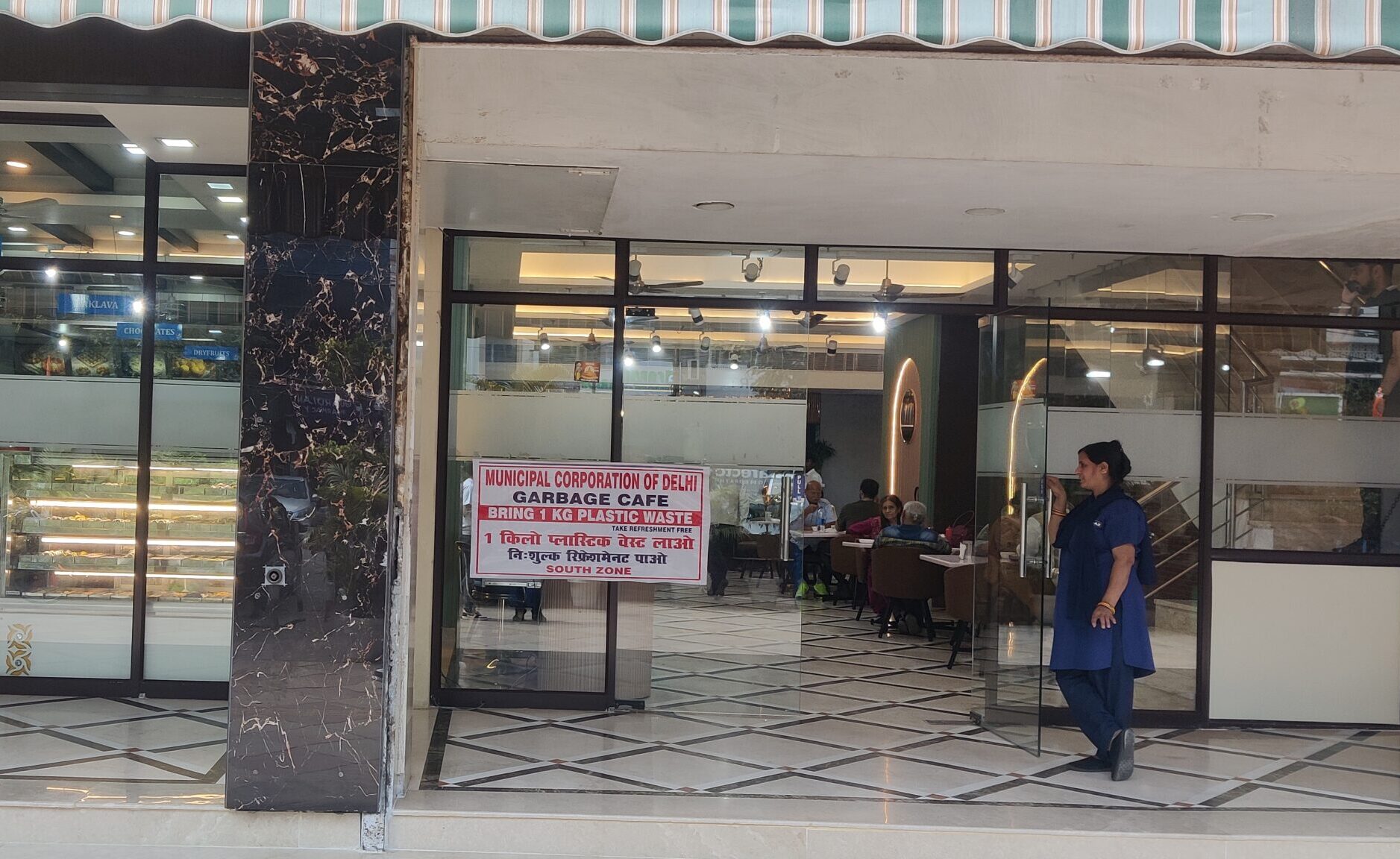
“People observe the banner, inquire about the process, and then come back with plastic bottles,” he says. “A significant number of them are motivated not by discounts but by the desire to make a contribution, which further motivates us. With increased publicity, we are confident that more individuals will join our cause.”
Tackling plastic pollution in Delhi
The capital city houses a population of 20 million and generates approximately 11,000 metric tons of municipal solid waste daily, the highest among Indian cities. According to government data, more than half of this waste is deposited in landfills.
Roughly 70 percent of the city’s plastic waste consists of single-use items, the majority of which either accumulate in landfills or obstruct drainage systems. This poses a significant threat to hungry cows, as they often scavenge through garbage bins, consuming plastic inadvertently.
Additionally, treatment capacity has not kept up with the volume of sewage the city produces, a trend observed not only in Delhi but also across the country. Experts suggest that raising awareness about waste sorting and expanding treatment capacity could be instrumental in addressing these challenges.
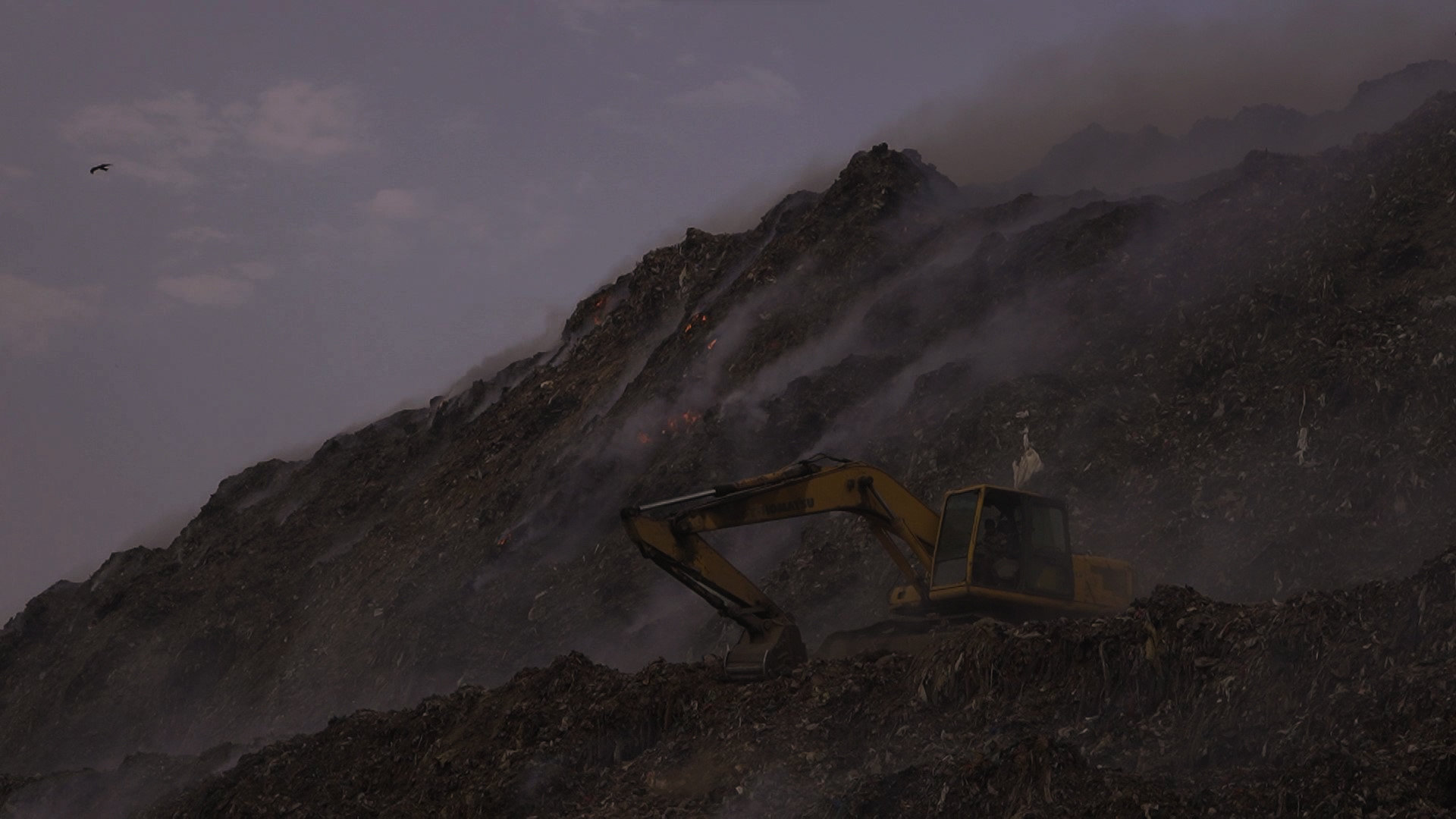
In another attempt to address the city’s plastic waste problem, the Delhi Pollution Control Committee introduced a prohibition on plastic bags smaller than 50 microns in 2015. Heavy fines have made the ban’s enforcement effective.
Efforts to reduce single-use plastic received a significant endorsement in 2019, when India’s Prime Minister Narendra Modi used the occasion of the 150th anniversary of Mahatma Gandhi’s birth to declare India’s commitment to phasing them out, though he fell short of implementing a complete ban. Since then, the country has made progress by banning certain varieties as well as by promoting reusable packaging in the food sector, which has historically been heavily reliant on plastic.
A unique initiative
The first garbage cafe opened in Chhattisgarh, a state in the central part of India, in October 2019. Places in other parts of the country picked up the trend once they saw how successful it was. Similar initiatives also exist in a variety of other countries, including in Europe, the US and Cambodia, among others.
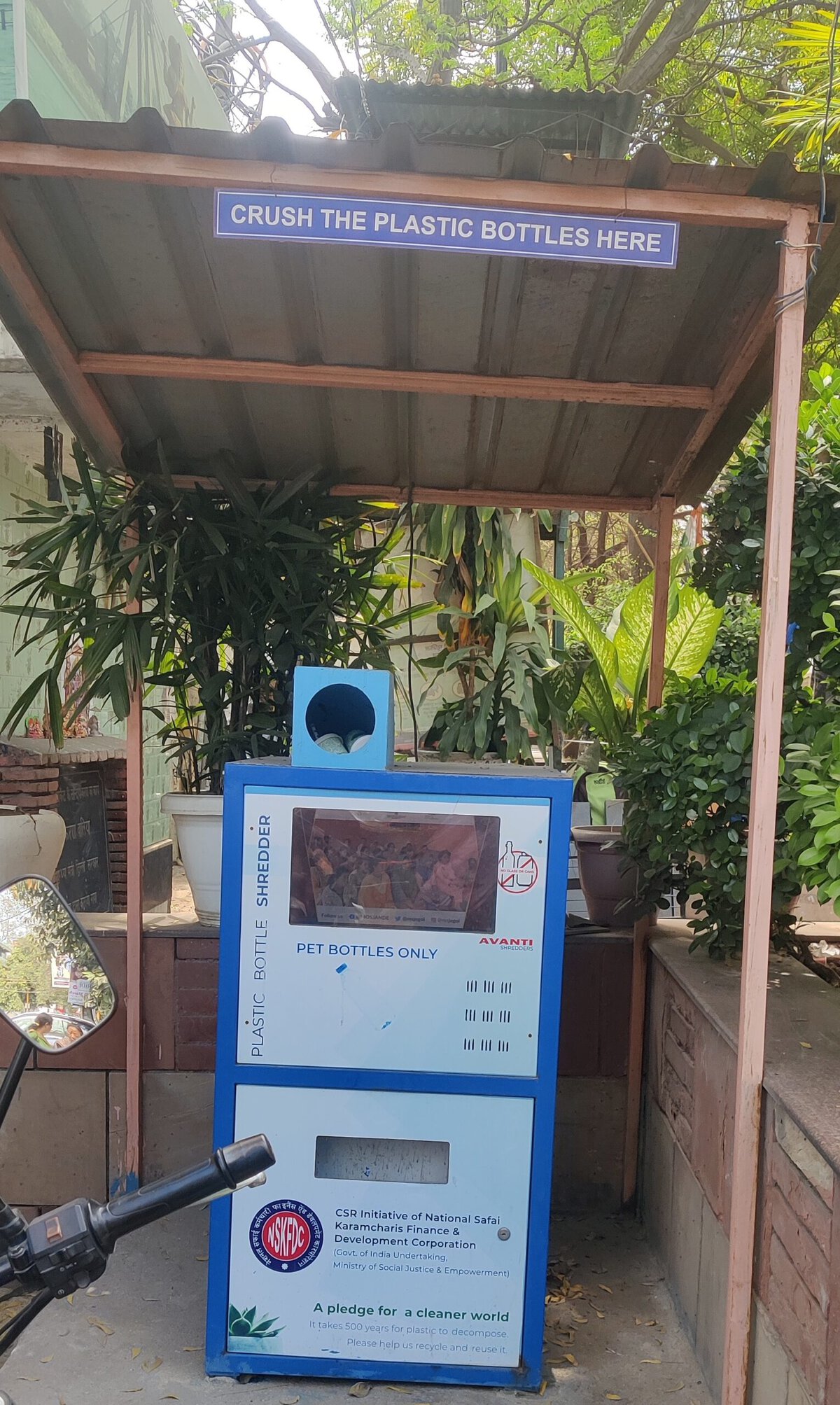
Plastic collection efforts across India reflect a growing commitment to sustainability. In Siliguri, West Bengal, alumni of a local school are offering free meals on Saturdays to individuals who contribute half a kilo of plastic waste. Similarly, in Mulugu, Telangana state, authorities provide one kilo of rice in exchange for one kilo of plastic, with local school children actively involved in plastic collection efforts. The district collector of Mulugu aims to make his district the first in India to eliminate single-use plastic. A local couple even sent out wedding invitations printed on reusable cloth grocery bags.
While celebrating the opening of a garbage cafe in South Delhi, a municipal official said, “The garbage cafe concept has been successfully implemented by local governments in Chhattisgarh and Odisha, where it aids homeless individuals by offering them complimentary meals in return for plastic waste. In Delhi, however, our approach differs in that we aim to extend this initiative to everyone. We believe that by engaging urban residents in plastic waste management efforts, we can enhance its effectiveness.”
He added that the plastic waste collected at such cafes could be used in road construction or repurposed in gardens. In Delhi, for example, a Waste-to-Wonder park showcases replicas of the seven wonders of the world, all made from discarded materials sourced from landfills.
Benu Malhotra, one of the trustees of Parvaah, a nonprofit organization in New Delhi advocating against plastic usage, sees the garbage cafe as a model that should be replicated nationwide. She believes that the concept is making people from all walks of life aware of the harmful effects of plastic on the environment and also guiding them on how to effectively reuse and recycle it.
She points out that garbage cafes create a kind of virtuous cycle: “This cafe addresses waste management while also providing a warm meal to those in need, thereby incentivizing them to collect more plastic.”





